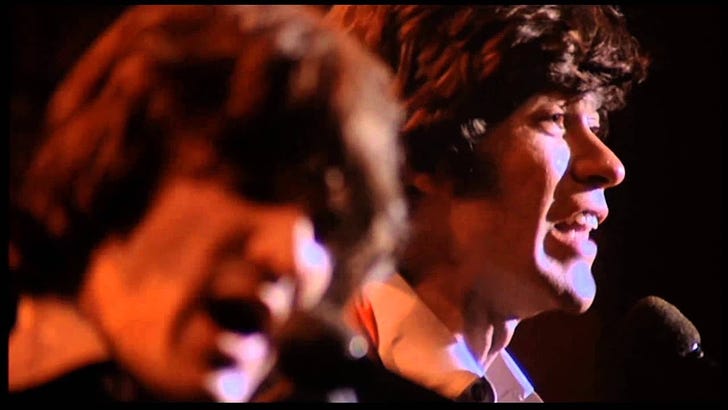In memory of Rick Danko
He was one of the greatest and most soulful rock and roll musicians and singers of all time.
Keep reading with a 7-day free trial
Subscribe to The Joker and the Thief — Newsletter to keep reading this post and get 7 days of free access to the full post archives.



